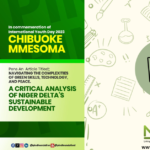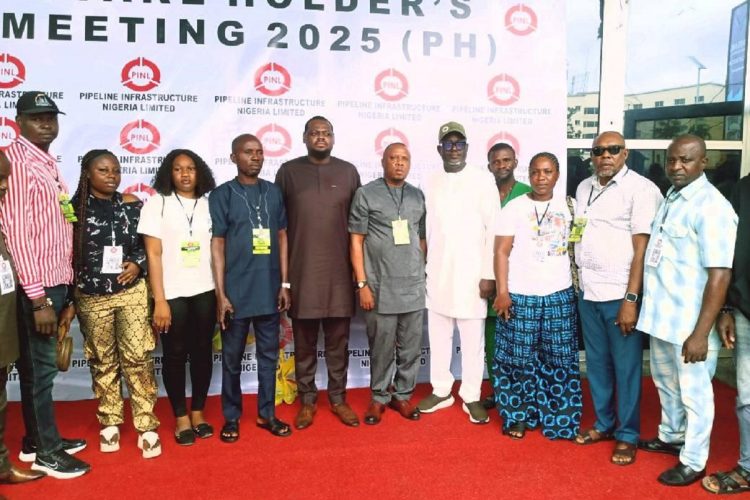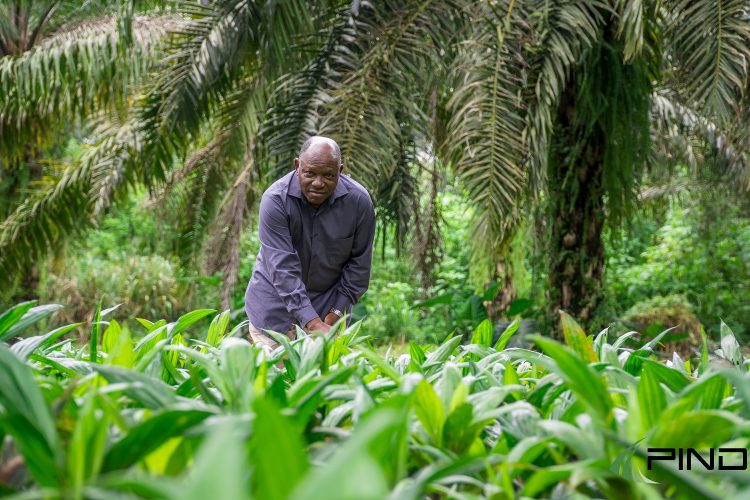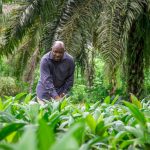
Navigating the Complexities of Green Skills, Technology, and Peace: A Critical Analysis of Niger Delta’s Sustainable Development
November 28, 2023
Tech Cabal Insights releases its State of Tech in Africa Report for Q3 2023
November 28, 2023INTRODUCTION
The Niger Delta region of Nigeria is witnessing a remarkable transformation driven by the vision and determination of individuals and organizations who have the passion and mandate to change the narrative in the region. In the face of environmental challenges stemming from pollution, climate change, and poverty, young entrepreneurs like Precious Ubabiri from Adagbarasa community and Frank Dagbolo from Ogbinbiri community, both in Warri North local government of Delta State have embraced the Mini-Grid Solar Project, inspired by the Foundation for Partnership Initiatives in the Niger Delta (PIND), to pave the way for social, economic, and environmental sustainability in their communities and the region at large.
THE JOURNEY BEGINS
In the heart of their respective communities, small community centers emerged as epicenters of change. PIND established Mini-Grid Solar Project at these centers, also offering training in renewable energy and sustainable solutions by its partners such as Oghosa Ventures and Being-Cost Integrated Solution Limited (BCIS). Precious Ubabiri and Frank Dagbolo were among the first beneficiaries of the project, inspired by the potential of green technologies to transform their communities. Precious enthusiastically shared, ‘we were using generators before, and we spent a lot of money on fuel. Since the solar system was installed, no more buying of fuel. Those who couldn’t afford generators before are now enjoying the light, businesses are thriving. I will assure you that Oghosa Venture, a partner of the PIND foundation, is doing great in our community.’
TURNING DREAMS INTO REALITY
Armed with their knowledge, PIND’s partners set out to make a difference. They specialize in solar panel installation, providing clean and affordable energy to the homes and businesses of their respective communities. Frank Dagbolo, a primary beneficiary echoed this sentiment, ‘The project has been a very good one, even better than the generating plant as this has defeated the inadequacy of light and its effect on the community.‘
The impact of their efforts was felt throughout the villages. Their solar panels replaced harmful kerosene lamps, reducing air pollution and improving the health of community members. Frank highlighted this positive change, noting that ‘in fact, the purpose of the solar project in the community has been a very good one, especially for those who are less privileged.’
PIND’S SUPPORT AND EXPANDING HORIZONS
Recognizing the potential of these individuals, PIND stepped in to provide additional support. The NGO offered further training, equipment, and mentorship, empowering these individuals to expand their projects beyond their communities. As the villages flourished, neighboring communities caught wind of the success story, prompting a domino effect. Inspired by their achievements, other young people sought training at the Mini-Grid Solar Project, leading to a surge in the adoption of green technologies and sustainable practices in the area. Precious shared his aspiration that, ‘my future goal for my community and Niger Delta is to make a difference, to support the mini-grid solar project, and to take this great development to other neighboring communities in the Niger Delta. I am equally giving the youths sensitization exercises about the mini-grid solar project.’
OVERCOMING CHALLENGES
However, the path is not without its challenges. These young entrepreneurs faced skepticism and resistance from some residents in their communities, due to the doubts in accepting new technological solutions. Technological limitations and financial hurdles also tested their resolve. Yet, each obstacle proved to be an opportunity for growth and innovation. Frank reflected on the challenges, noting that, ‘the challenges never ended, but with resilience and commitment, we overcame and fixed them up.’
A SUSTAINABLE TOMORROW
Years are passing, and the Niger Delta region is improving. Poverty rates are declining, peace is improving and businesses are doing better than before, some flourishing with renewable energy-powered facilities. Adagbarasa and Ogbinbiri communities have become models for sustainable development, attracting investments in renewable energy projects, eco-tourism initiatives, and green infrastructure. Frank Dagbolo looks ahead and hopes for a sustainable tomorrow. According to him, ‘what I really need the mini-grid company to do is to upgrade the power supply for better and more durable quality of light, so it can benefit a larger number of users, thereby increasing the economic growth of the community.’
CONCLUSION
The impact of the Mini-Grid solar project on individuals and residents of local communities is immeasurable. With evidence from Adagbarasa and Ogbinbiri, the adoption of green technologies could lead to a brighter, more sustainable future for Niger Delta communities and the environment as a whole. The testimonies of Precious and Frank exemplifies the power of green skills and technology to create a positive impact on communities and the environment. Their journey, fueled by the support of PIND and the dedication of the Niger Delta’s people, serves as a guiding light for a world grappling with the challenges of climate change. Their story echoes a powerful message: that by empowering local stakeholders and embracing sustainability, communities can overcome adversity, shape a better world, and cultivate a brighter future for generations to come.
To learn more about PIND Foundation’s access to energy interventions: https://pindfoundation.org/project/access-to-energy
See also, links to Articles from other winners:









